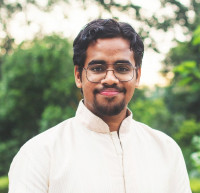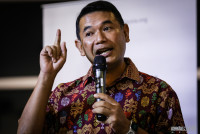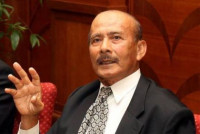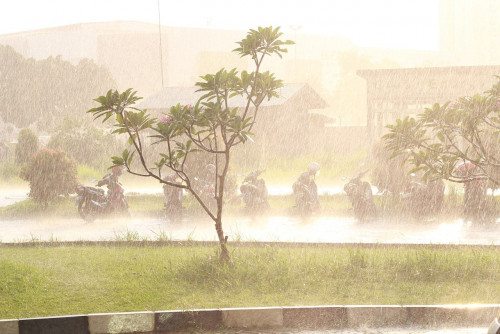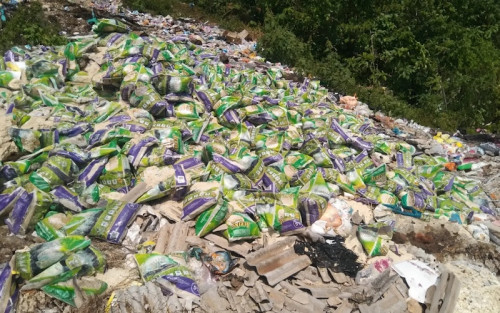ONCE a year, Thiruvanthapuram, the capital of Kerala in the southwestern coastal state of India, brims with fervour for the cinematic art form.
The International Film Festival of Kerala (IFFK), first founded in 1996, has grown to become a standard-bearer in the country for its programming quality – rivalled only by two other major festivals in Mumbai and Goa.
A quick summary of the numbers can only inspire awe. The 2022 edition boasted an impressive line-up of 184 films from 70 countries, curated accordingly into 19 different thematic categories.
To facilitate the screenings, which were numbered to have drawn 13,000 people, 15 theatres across the city were rented out during the eight-day festival. While film festivals are often associated with lavish parties and glamorous red-carpet walks, the IFFK dispenses with these formalities.
Instead, the entire festival carries the spirit of a close-knitted community event, aided by an army of dedicated volunteers. Kerala is after all one of the few states in India with a communist ruling party.
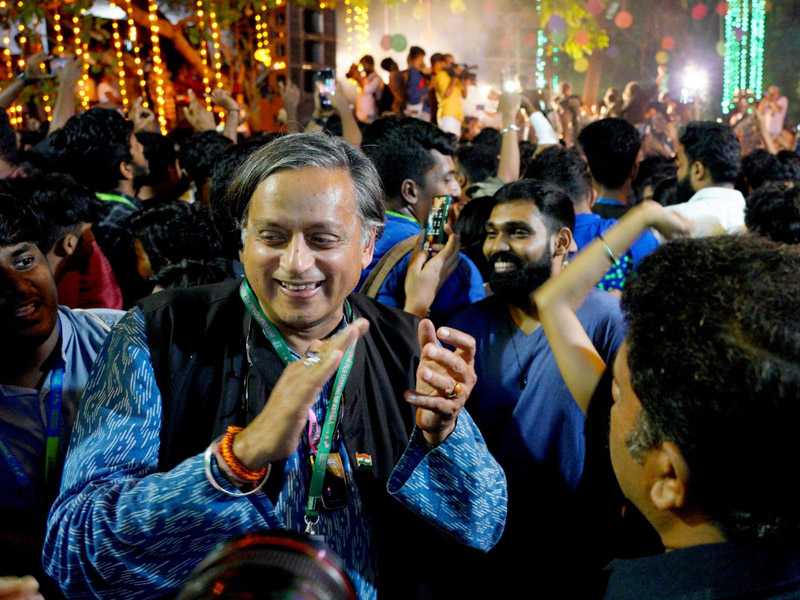
Despite the contentious right-wing nationalism that has come to shadow across India since Modi’s Bharatiya Janata party’s (BJP) ascent into governance, the IFFK under the stewardship of festival director Ranjith Balakrishnan, alongside artistic director Deepika Suseelan, counter these narratives with a robust, dynamic, deeply political programming.
Consider its opening moments when jury member Athina Rachel Tsangari raised a lock of hair on stage sent by Iranian filmmaker Mahnaz Mohammedi, who was barred from leaving her country.
That momentary interlude received rapturous applause and became international news, setting the tone for the rest of the festival. That spirit of defiance and resistance was also reflected in the festival’s winning titles.
In Romi Meitei’s ‘Our Home’ (Eikhogi Yum), state interventions, creeping industrialisation and modernity threaten the livelihood of a fishing community living in isolation on the Loktak Lake of Manipur.
Witnessed through the eyes of a child, Our Home is a sobering and defiant tale of belief. The film’s triumph lies in young Master Ningthoujam Priyojit’s soulful performance as 11-year-old Chaoren, determined to excel in his school.
Despite being located in a specific time, place and context, Meitei deftly explores poignant universal themes of belonging and the crises of displacement that are taking place all over the world.
In ‘A Place of Our Own’ (Ek Jagah Apni), two transwomen cultivate joy in their friendship despite struggling to find a new home after a sudden eviction.
Unique to this title is the absence of a singular director but the creative endeavour of an independent, non-funded Ektara Collective comprised of trained and untrained professionals. ‘Alam’, which bagged the Netpac award for Best Asian Film, follows a group of high school friends in Palestine actively rebelling against the machinations of Israeli forces seeking to erase their history and culture.
Mahmood Bakri who plays Tamer, falls in love with a politically active new student Maysaa (Sereen Khas) and is subsequently forced into coming to terms with the reality that he has long ignored.
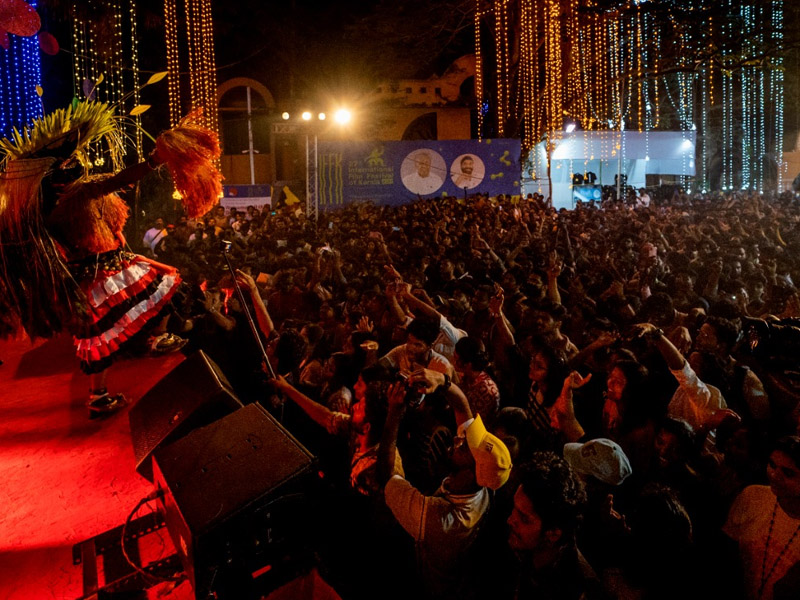
Meanwhile, Indhu VS’ promising, competent debut feature 19(1)(a) lays bare the necessity for intellectual discourse and inquiry amidst the rising wave of intolerance that is becoming dominant in India.
A little bit of Malaysia comes into focus in Klondike, Ukraine’s official submission to the Oscars. Maryna Er Gorbach’s fourth feature centres on a young couple living in the precarious, disputed territory of Donestk in eastern Ukraine.
This was also notably the site where the Malaysia Airlines aircraft Flight 17 was shot down by Russian-supporting separatists, killing all 280 passengers and its 15 crew members.
“It took me one year to have a draft written, but I had been thinking about it since 2014. It made me ask myself that if this international catastrophe is not being reported, and criminals were not punished, then what about occupation?
"What about the annexation of Crimea? Where are the voice of the locals?,” she says in an interview.
Her motivations pulse through every frame of the film – the image of a pregnant mother desperately attempting to build a home against a desolate landscape and amidst the chaos of war is seared in memory.
Beyond the competition titles, the curated programmes offered an eclectic mix ranging from a Paul Schrader retrospective to selections from the oeuvre of Hungarian filmmaker Bela Tarr and Chilean surrealist Alejandro Jodorowsky.
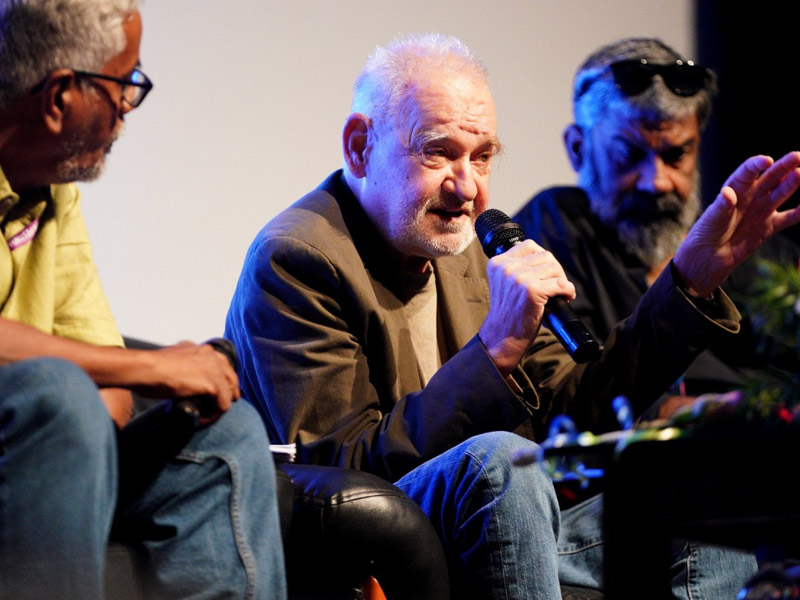
A common theme between these personalities arises upon closer inspection: they are all fringe figures - outsiders within their respective industries, despite having made their mark in cinema.
“In any period of cinema history, a director like Tarr would be an outright exception, but today his work represents a prodigy of dissidence,” critic Jonathan Romney writes.
Meanwhile, the piece de resistance within Schrader’s pictures is his character’s asceticism that borders on obsession from Travis Bickle in ‘Taxi Driver’ to Ethan Hawke’s Toller in ‘First Reformed’ some four decades later.
Jodorowsky, more than Tarr and Schrader, pushes the limit of the narrative form. His best-known early works, ‘El Topo’ (1970) and ‘The Holy Mountain’ (1973), employ a wide range of symbols and imagery in lieu of a traditional narrative structure.
For filmmakers like Paul Schrader, Bela Tarr, and Alejandro Jodorowsky, their unorthodox approaches to storytelling and film form are a form of resistance against dominant ideologies, power structures, and most of all, the commercial and mainstream tendencies of Hollywood cinema.
Whether a conscious act or otherwise, the wide range of artistic styles on display tackling themes of alienation, displacement and dogmatism within the festival’s programming offers a sobering perspective of the political climate in India. – The Vibes, January 30, 2023
The 27th International Film Festival of Kerala ran from December 9 to 16, 2022. The Vibes journalist Kalash Nanda Kumar was selected to serve as a FIPRESCI international jury member



.jpg)
